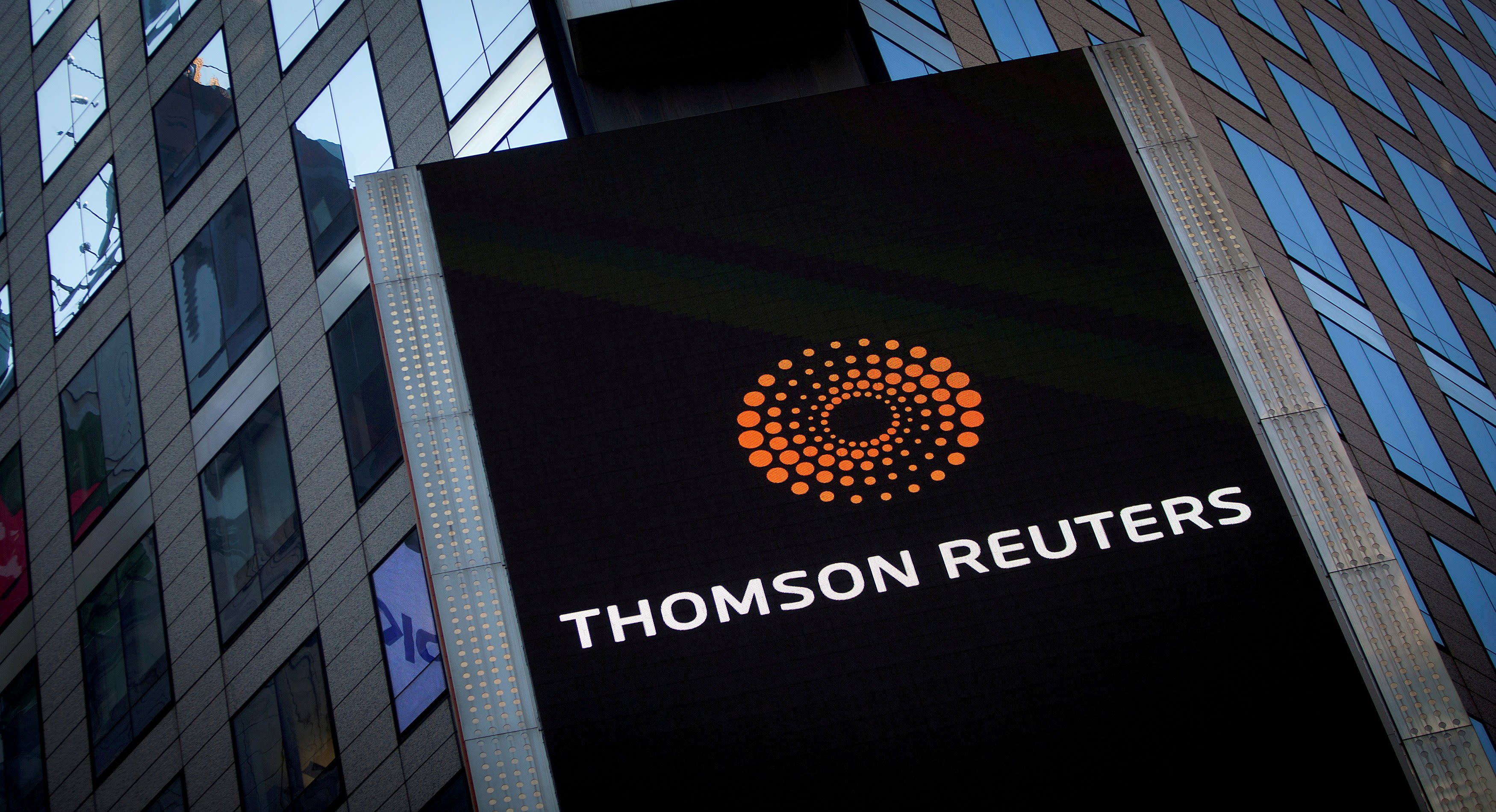
The closures mark the end of a torrid year for the ACT in South Korea. In June, ACT cancelled its entrance exam for South Korea and Hong Kong in the face of leaked answers, affecting an estimated 5,500 students.
This was “the first known cancellation of the high-stakes exam for an entire country”, according to ACT spokesman Ed Colby.
“South Koreans are among the most highly represented international students at US Ivy League universities”
Colby was quoted in one of many reports news agency Reuters has carried on cheating in Asia on the ACT and other leading entrance exam SAT in 2016.
In August, Reuters reported ACT’s head of test security was to leave and that hundreds of centres were to be audited, and two months later it was reported that scores for the written element of the ACT test were being annulled. Once again, leaked papers were cited as the cause.
Some agents speaking with The PIE News suggested the test centre closures will have no impact on their business. This comes in the context of declining numbers of South Korean students on US campuses – 2015/16 saw a 4.1% drop from the previous year, for example.
However, the total figure is still above 60,000 (nearly 6% of all international students in the US) and, as the Financial Times reported last week, “South Koreans are among the most highly represented international students at US Ivy League universities, third only to Canadians and Chinese at both Harvard and Yale.”
The FT report also noted that the cheating epidemic and its fall-out were factors that went “to the heart of South Korean society and what experts call an ‘educational arms race’”‘.
The SAT entrance exam, administered by the College Board and still the largest college entrance exam taken outside of the US, has not escaped serious problems either.
Among the incidences documented are prep school teachers and ‘brokers’ in South Korea leaking answers to the exam. Suspended sentences were handed out to those caught earlier this year.
After ACT’s closure of 25 ACT examination centres, its operations will now be carried out via just one testing site in Seoul.
[Source:- Pienews]

















